
Ethereum: Strategies to Make Money with Ethereum
¥24.44
Ethereum: Strategies to Make Money with Ethereum
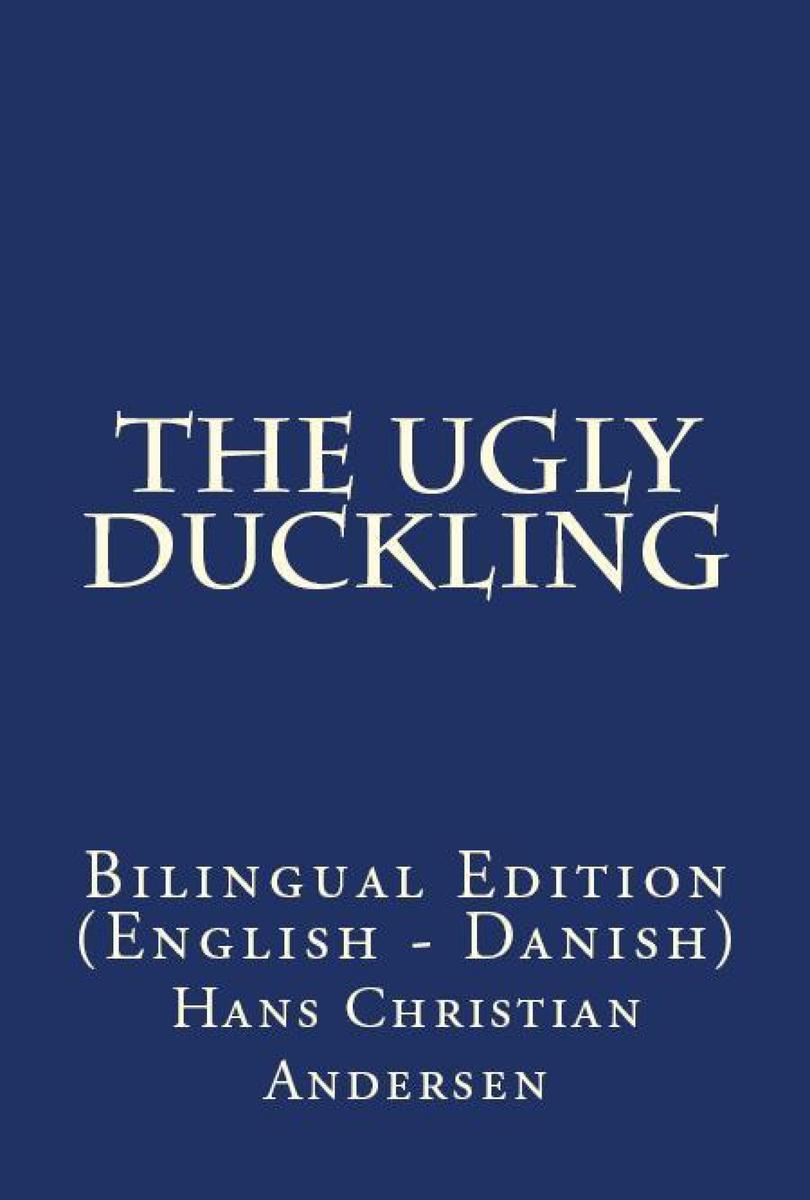
The Ugly Duckling: Bilingual Edition (English – Danish)
¥40.88
The Ugly Duckling: Bilingual Edition (English – Danish)

Prepper Short Stories Of Survival In The Grid Down Apocalypse
¥24.44
Prepper Short Stories Of Survival In The Grid Down Apocalypse

Hamlet: Bilingual Edition (English – French)
¥40.88
Hamlet: Bilingual Edition (English – French)

The Tragedy Of Romeo And Juliet: Bilingual Edition (English – Spanish)
¥40.88
The Tragedy Of Romeo And Juliet: Bilingual Edition (English – Spanish)

The Sandman: Bilingual Edition (English – German)
¥40.88
The Sandman: Bilingual Edition (English – German)
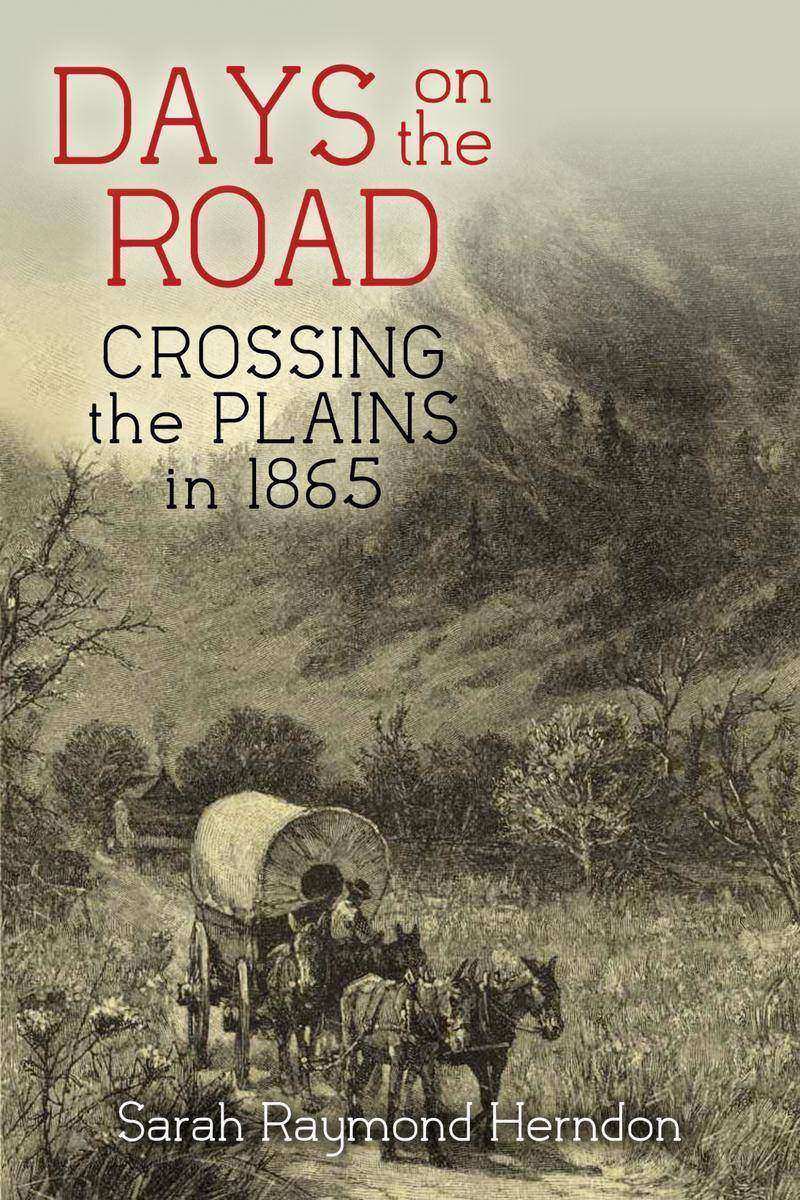
Days on the Road: Crossing the Plains in 1865
¥8.09
Days on the Road: Crossing the Plains in 1865

Social Media Marketing
¥24.44
Social Media Marketing
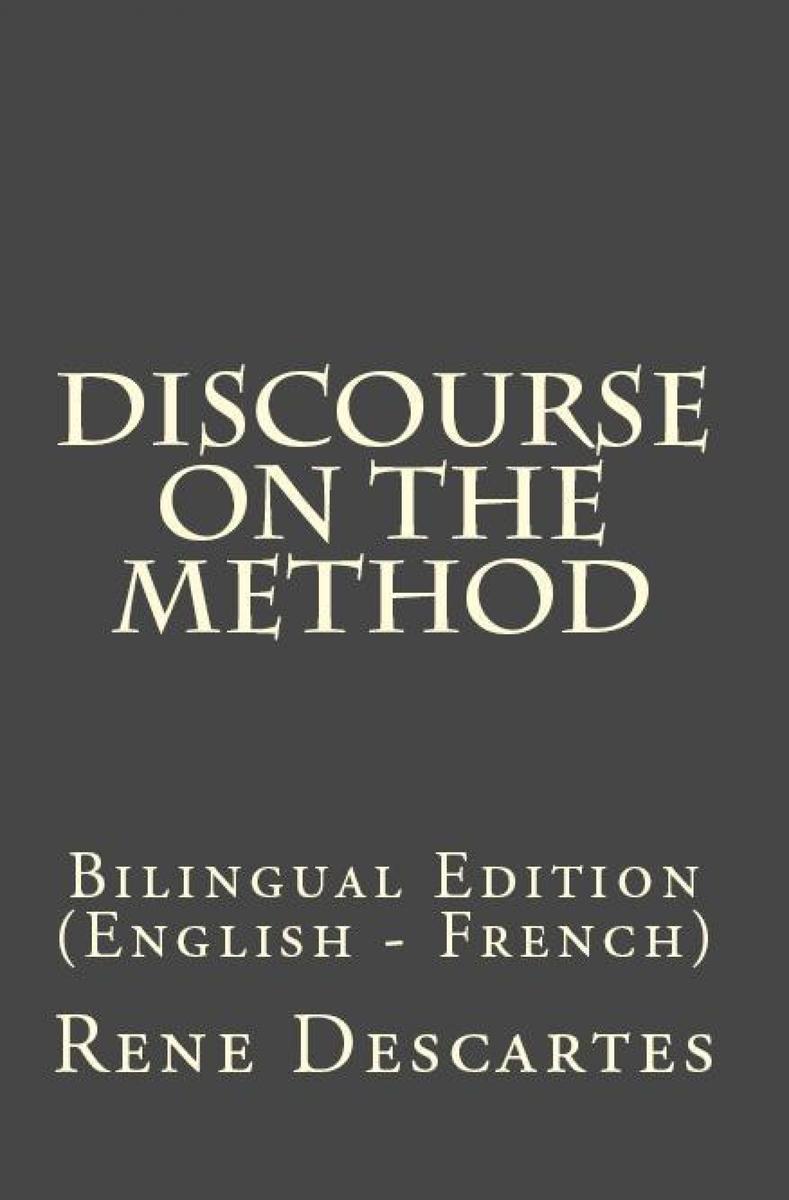
Discourse On The Method: Bilingual Edition (English – French)
¥40.88
Discourse On The Method: Bilingual Edition (English – French)

An Introduction To White History: The History of White America
¥24.44
An Introduction To White History: The History of White America
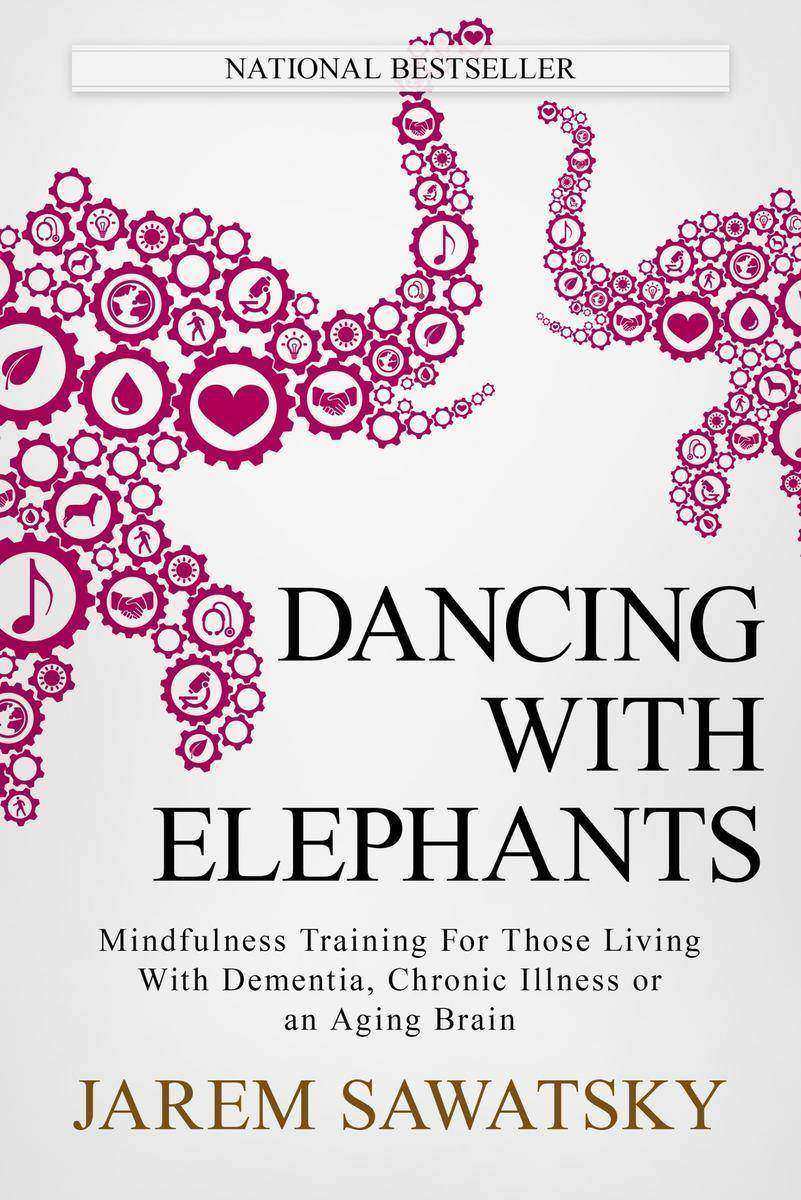
Dancing with Elephants
¥23.30
Dancing with Elephants

Not Dark White: The 4-1-1 on Black Nationalism
¥24.44
Not Dark White: The 4-1-1 on Black Nationalism

Not To Be: Essays on Integration
¥24.44
Not To Be: Essays on Integration

The Life And Adventures Of Robinson Crusoe: Bilingual Edition (English – Italian
¥40.88
The Life And Adventures Of Robinson Crusoe: Bilingual Edition (English – Italian)
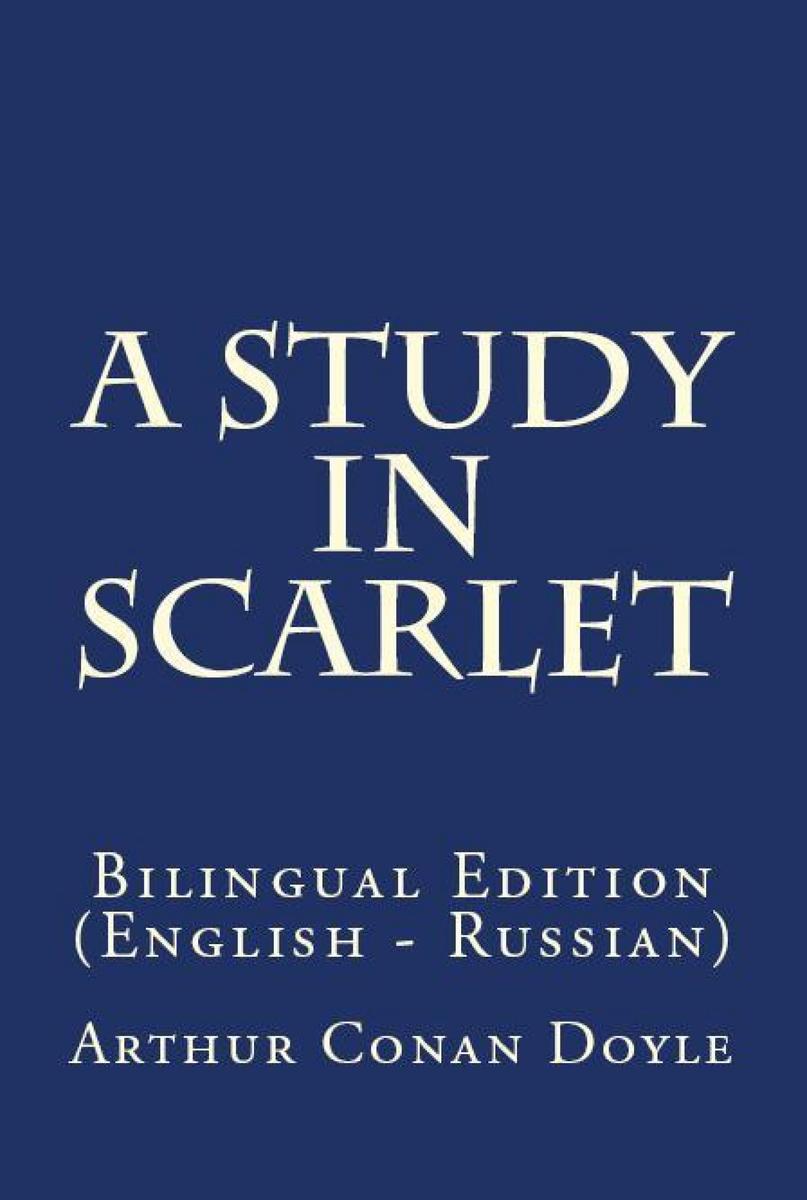
A Study In Scarlet: Bilingual Edition (English – Russian)
¥40.88
A Study In Scarlet: Bilingual Edition (English – Russian)
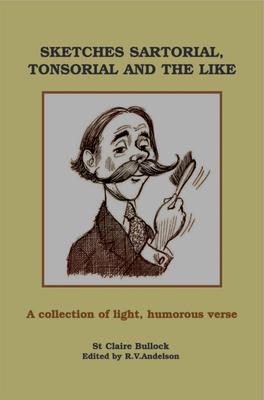
Sketches Sartorial, Tonsorial and the Like: A Collection Of Light Humorous Verse
¥98.98
Sketches Sartorial, Tonsorial and the Like: A Collection Of Light Humorous Verse

Mobile Apps Revolution
¥23.30
Mobile Apps Revolution

Become A Great Public Speaker: Tips & Guidelines For An Effective Public Speech
¥32.62
Become A Great Public Speaker: Tips & Guidelines For An Effective Public Speech

Secrets of Business Math Using Excel!
¥24.44
Secrets of Business Math Using Excel!

7 estrategias probadas para ganar más de $1.000 al mes a través de internet
¥40.79
7 estrategias probadas para ganar más de $1.000 al mes a través de internet

Mastering Business Social Media Marketing in Theory & Practice
¥24.44
Mastering Business Social Media Marketing in Theory & Practice




 购物车
购物车 个人中心
个人中心



